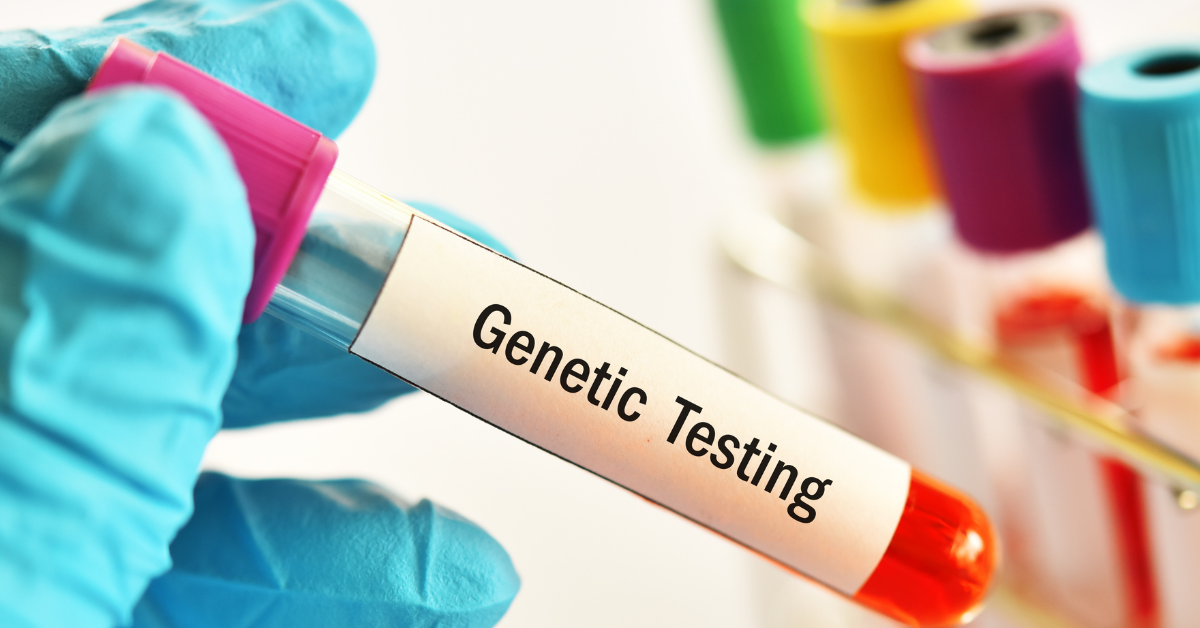DNA testing has gained immense popularity in recent years, providing valuable insights into ancestry, health, and genealogy. However, the rise in demand has unfortunately given scammers an opportunity to exploit unsuspecting individuals by offering fake DNA testing kits. These scams not only waste your money but also put your personal and genetic information at risk. In this article, we’ll discuss how to identify fake DNA testing kits, recognize scam tactics, and take essential steps to protect yourself.
Understanding Fake DNA Testing Kits
Fake DNA testing kits are fraudulent products that claim to offer legitimate DNA testing services but fail to deliver accurate results or provide any real testing at all. Scammers often target individuals through social media, email campaigns, and fake websites, advertising these kits at enticingly low prices or with exaggerated promises.
Common types of fake DNA testing kit scams include:
- Bogus Ancestry Kits: Kits claiming to reveal ancestry information without performing actual DNA analysis.
- Health Risk Scams: Kits promising to provide insights into genetic predispositions for diseases but delivering generic or false reports.
- Data Harvesting Scams: Products designed to collect your personal information and DNA samples for illicit purposes, such as identity theft or genetic data misuse.
How to Spot Fake DNA Testing Kit Scams
Identifying fraudulent DNA testing kits is essential to avoid falling victim to these scams. Here are some red flags to watch out for:
1. Unrealistically Low Prices
If a DNA testing kit is advertised at a price that seems too good to be true, it probably is. Legitimate testing services involve advanced technology and skilled professionals, so they cannot be offered at rock-bottom prices.
2. Lack of Accreditation
Reputable DNA testing companies are accredited by organizations such as the Clinical Laboratory Improvement Amendments (CLIA) or the International Organization for Standardization (ISO). Always verify the accreditation of the provider.
3. No Contact Information
Fake companies often operate anonymously. If the website or seller does not provide clear contact information, customer support, or a physical address, it’s a major warning sign.
4. Over-the-Top Claims
Beware of kits that make exaggerated promises, such as revealing exact ancestral locations, predicting future diseases with 100% certainty, or offering miracle health solutions.
5. Poor Online Reputation
Search for customer reviews and complaints about the company. If the provider has numerous negative reviews, unresolved complaints, or lacks an online presence altogether, avoid them.
6. Pressure Tactics
Scammers often use urgency to push you into making quick decisions, such as limited-time discounts or warnings that the offer will expire soon.
Steps to Avoid Falling for Fake DNA Testing Kits
Taking proactive measures can help you steer clear of scams and ensure your safety. Here are some tips:
1. Research the Company
Before purchasing a DNA testing kit, thoroughly research the company. Check their website, read reviews, and confirm their accreditation status.
2. Purchase Only from Trusted Sources
Stick to reputable and well-known DNA testing companies such as 23andMe, AncestryDNA, or MyHeritage. Avoid buying kits from unverified third-party sellers or unfamiliar websites.
3. Verify Privacy Policies
Legitimate DNA testing companies have clear privacy policies detailing how they handle and protect your genetic data. Avoid providers that lack transparency or fail to disclose how your data will be used.
4. Be Wary of Social Media Ads
Many scams are promoted through flashy social media ads. Avoid clicking on ads and always verify the legitimacy of the company before making any purchases.
5. Use Secure Payment Methods
Pay with credit cards or trusted online payment platforms that offer fraud protection. Avoid paying via wire transfers or prepaid gift cards.
6. Educate Yourself
Stay informed about common DNA testing scams and share this knowledge with friends and family to prevent them from falling victim as well.
What to Do If You’ve Been Scammed
If you suspect you’ve purchased a fake DNA testing kit, take these steps immediately:
- Stop Using the Kit: Do not submit any personal or genetic information.
- Contact Your Bank: Report the fraud and dispute the charges.
- Report the Scam: File a complaint with consumer protection agencies like the Federal Trade Commission (FTC) or your local authorities.
- Warn Others: Share your experience online to alert others about the scam.
Conclusion
Fake DNA testing kits are a serious issue, posing risks to your finances, personal information, and genetic data. By staying vigilant, doing thorough research, and following the tips outlined above, you can protect yourself and your loved ones from these scams. Always prioritize safety and trust only reputable companies when seeking DNA testing services.














